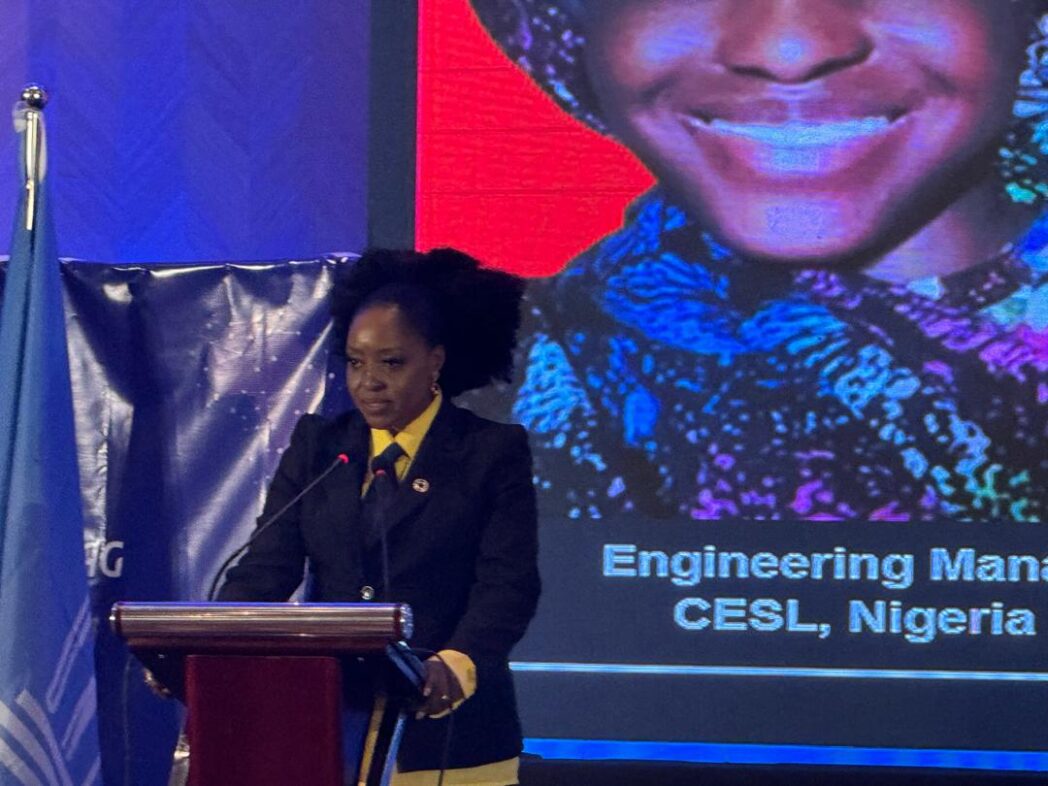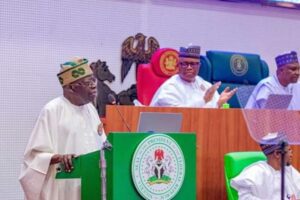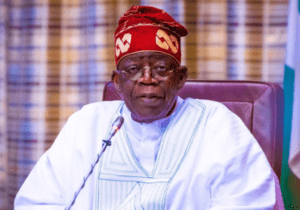

Engr. Nweke recommends revolutionary changes in engineering education
By Matthew Denis, Abuja
A Fellow of the Nigerian Society of Engineers (NSE) and the Nigerian Institution of Civil Engineers (NICE), Engr. Joan Nweke has called for a revolutionary changes in the engineering curriculum in Africa to compete with the global best practices.
Engr. Nweke made the appeal while making her keynote presentation at the 10th UNESCO African Week and 8th African Engineering Conference in Luanda, Angola recently.
While delivering a powerful paper titled “Capacity Building through Engineering Education: Foundation for Sustainable African Futures.” The expert emphasized on urgent need to transform Africa’s engineering education system to address the continent’s growing socio-economic challenges and lay the foundation for long-term sustainability.
According to her this includes a transformative shift in the way engineering is taught, learned and practiced in engineering curriculum.
Engr. Nweke argued that Africa’s engineering curricula must undergo a significant transformation to align with global trends and meet the continent’s unique development needs.
She said “there should be revolution in the way we educate our engineers stressing the importance of incorporating sustainability, innovation, and practical skill development into educational frameworks.
“the need to move beyond theoretical knowledge, urging educators to adopt a more hands-on, problem-solving approach to prepare future engineers for the demands of real-world challenges.
The Civil Engineer presentation captured the need for stronger collaboration between academia and industry.
She emphasized “bridging the gap between engineering education and industry practice is essential for creating a workforce equipped to drive Africa’s industrial growth.”
Engr. Nweke advocated for partnerships that allow students to gain practical experience through internships, mentorship programs, and collaborative research projects, ensuring that graduates are well-prepared to address pressing infrastructure, energy, and technological challenges.
The expert championed empowering the next generation thereby holding policymakers accountable.
She said ” I’m appealing on the young engineers to play a proactive role in shaping Africa’s future.
She encouraged them to hold policymakers accountable and push for systems that support their dreams. “The future of African engineering lies in the hands of the next generation. We must not only equip them with the right skills but also empower them to demand a system that fosters innovation, growth, and sustainability,” she asserted.
She urged the governments and industry leaders to invest in the development of the continent’s young talent, stating that “sustainable futures cannot be built without the active participation and leadership of the youth.”
Engr. Joan Nweke’s address received widespread acclaim from participants, with many praising her bold vision and commitment to advancing Africa’s engineering capacity through education reform, industry collaboration, and youth empowerment.
The Crux of her presentation centered on instilling Interdisciplinary approaches, Integrating multiple disciplines to tackle complex problems, project-based learning which has to do with Hands-on, real-world projects that foster practical skills and collaboration.
She advised on embracing emerging technologies, such as AI, simulation, and virtual reality.Focusing on communication, teamwork, and problem-solving skills and fostering a culture of inclusivity and promoting underrepresented groups etc.
These revolutionary changes aim to produce engineers who are adaptable, innovative, and equipped to tackle complex, real-world challenges.




